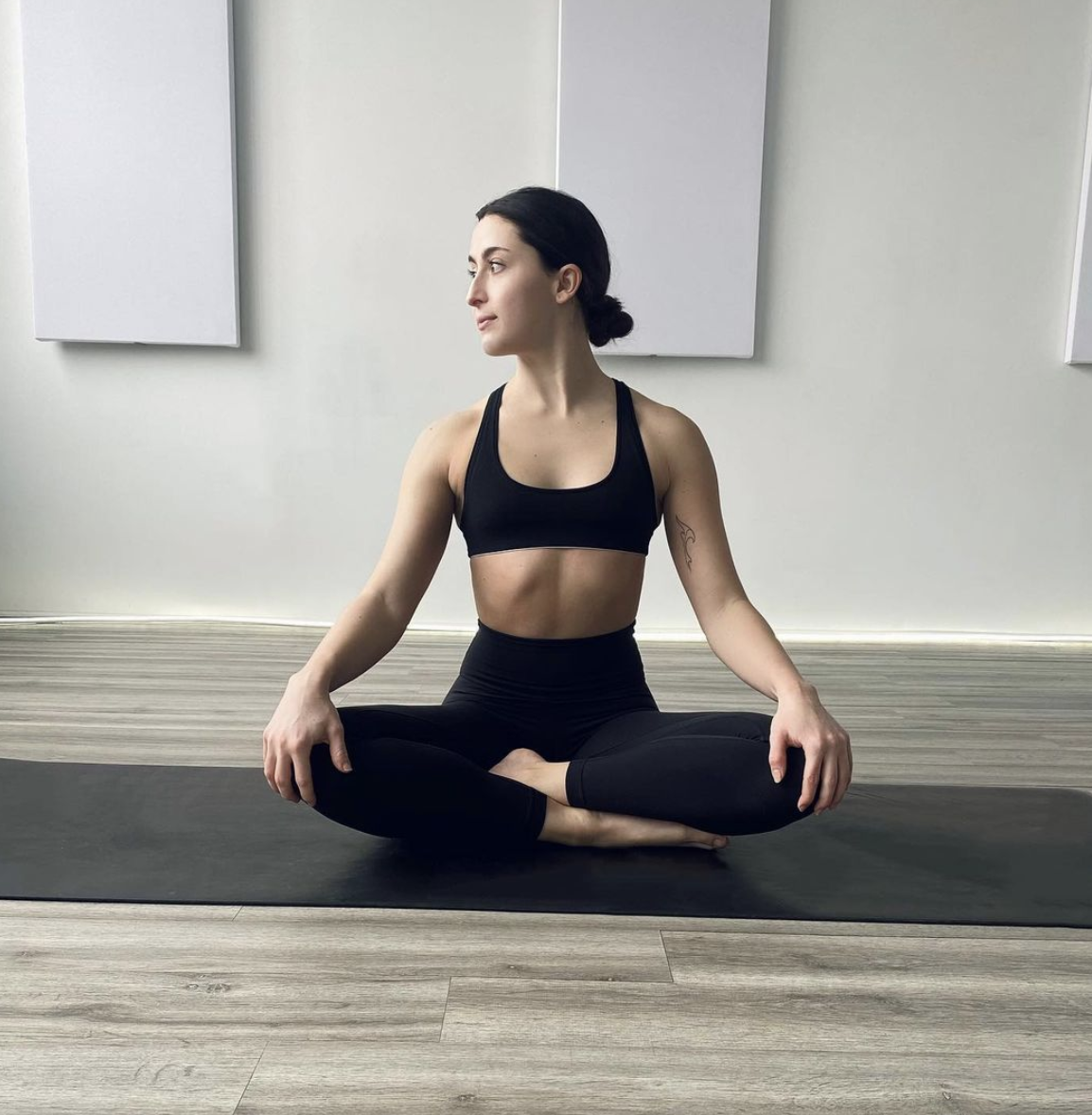GUEST POST: 5 Tips For Exercising With Chronic Illness
Exercise with a chronic illness can sometimes feel impossible. During a flare or time of active symptoms, we barely have the energy to do every day responsibilities, let alone perform some movement. I’m Alexis, I’m a NASM Certified Personal Trainer, Registered Yoga Teacher, and retired classical ballet dancer. I was diagnosed with Ulcerative Colitis over 2 years ago at the age of 25, forcing my early retirement from a career of performing. I know exactly how frustrating it can be when you have certain expectations for your body and it simply doesn’t meet them.
Over my time of living with and managing my IBD, I’ve found a good balance for both myself and my chronically ill clients within exercise. Here’s what I can share:
Do what you like, not what you feel like you should. If you know you don’t like to run, don’t run. If exercise turns into an inner battle of “forcing” yourself to do, it’s going to cause more mental anguish than anything else. If you don’t know what you like, try new things! There are so many options in this day and age. Try yoga, barre, kickboxing, HIIT workouts, tai chi, hiking, etc. And if you’re nervous about symptoms popping up, the “stay at home” era has brought us a slew of virtual options. You can receive quality exercise instruction within the comfort of your own home.
Have a contingency plan if things don’t go to plan. I’m a planner. I like to write down workouts the night before I do them as a way to let everything run smoothly. However, we all know our bodies can feel different day to day. On days where I want to go a little easier on myself, I will take a 20 minute walk, stretch on my yoga mat, meditate, or ride my bike outside.
Drink plenty of fluids throughout your day, not just during your workout. Fluids are so important to keeping our bodies healthy. Dehydration can lead to constipation, fatigue, irregular heart rate, cramping, and headaches. Water is critical for exercise so make sure you continue to hydrate all day. You can also drink electrolyte rich fluids, caffeine free teas, and bone broth
Days off are just as important as days you exercise. Taking 1,2, or even 3 days per week to recover will help your body fuel up for the next time you exercise. Rest is essential for everyone, not just those with a chronic illness. However, since our bodies sometimes require a little extra care, rest is a must. Rest days can also be used to stretch or take walks.
Work with a professional- like a trainer or fitness instructor- who can help personalize your programming. Bonus points if the professional also has a chronic illness like me!!! We are trained to handle many modifications across a wide array of clients. If you feel comfortable, share your diagnosis and concerns with your trainer so they can effectively help you reach your goals. If you don’t feel heard, remember we are of service to you. Find someone who clicks with you and understands you, we can help you feel confident in your workout regimen.
Like many things with chronic illness, striking the right balance can be a game of trial and error. But taking care of our bodies through movement can be an incredibly healing experience both physically and mentally. If you want to see what I’m up to in my everyday life with UC, balancing my movement based career, or want to reach out to my DM’s, my Instagram is @alexistmoran. Shoutout to Nat for building a platform of connections for those of us chronically fabulous. Namaste, guys.


